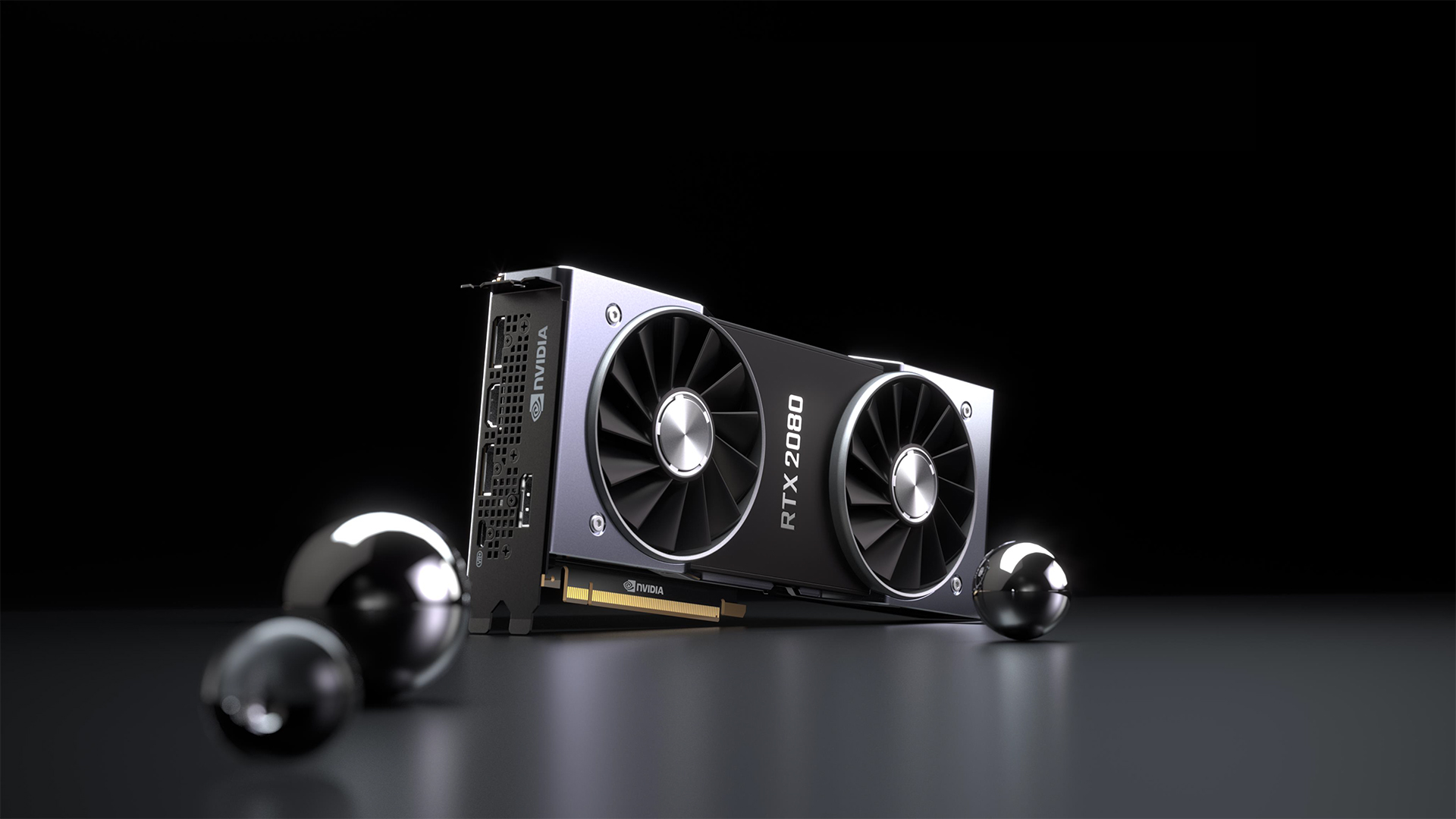Nvidia GeForce RTX 2080 dry ice overclock draws some interesting conclusions
Including that water cooling won’t give you any advantage over air, apparently

Sign up for breaking news, reviews, opinion, top tech deals, and more.
You are now subscribed
Your newsletter sign-up was successful
Following last week’s 3DMark record-setting overclock on the GeForce RTX 2080 Ti, we’ve seen another overclocking expert push the vanilla GeForce RTX 2080 to extremes, using a different cooling method while making some interesting conclusions.
Rather than liquid nitrogen as is commonly used (and was involved in last week’s shenanigans), prolific overclocker Der8auer opted to work with dry ice when juicing up the RTX 2080.
As spotted by Hexus, at -72 degrees centigrade, he managed to get the graphics card running at a clock speed of 2,340MHz (with the video memory clocked up to an effective 16,000MHz).
This gave Der8auer an almost 21% boost compared to the RTX 2080 running at stock speeds when it came to the SuperPosition benchmark. Interestingly, though, power usage spiked by 49%, so that was considerably more than the speed gains witnessed.
Kingpin’s recent overclock of the RTX 2080 Ti reached 2,415MHz when he beat all the 3DMark high scores across the board, incidentally.
Air or liquid?
A further interesting point discovered by Der8auer was that when he compared a good air cooler with a liquid loop cooler – before running the dry ice benchmarks – he found that liquid cooling wasn’t any better than the former. In both cases, the best stable clock speed he could reach was 2,100MHz, although admittedly in the case of liquid cooling, power consumption was lessened running at this speed.
As he puts it in the video below, “don’t expect that you can clock your card suddenly 100MHz or 200MHz higher” if you’re going for a water cooling solution compared to a solid air cooler. But the GPU will run cooler, and as mentioned, power efficiency will be better, which never hurts.
Sign up for breaking news, reviews, opinion, top tech deals, and more.
Der8auer also observed that you can expect much the same sort of overclocking behavior from a Turing-toting RTX 2080 Ti, just scaled up in terms of overall performance, obviously enough.
- These are the best graphics cards you can buy in 2018
Darren is a freelancer writing news and features for TechRadar (and occasionally T3) across a broad range of computing topics including CPUs, GPUs, various other hardware, VPNs, antivirus and more. He has written about tech for the best part of three decades, and writes books in his spare time (his debut novel - 'I Know What You Did Last Supper' - was published by Hachette UK in 2013).